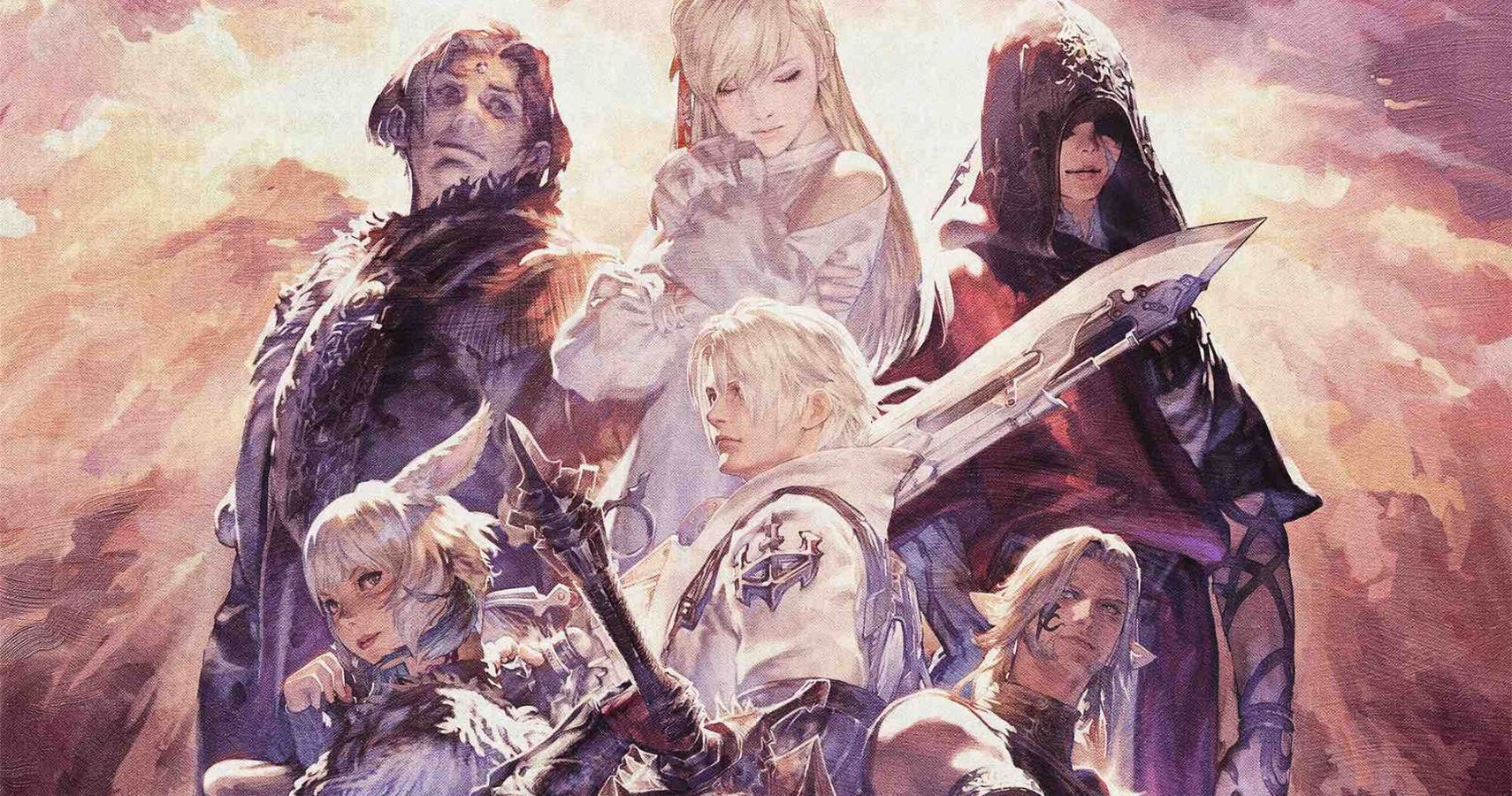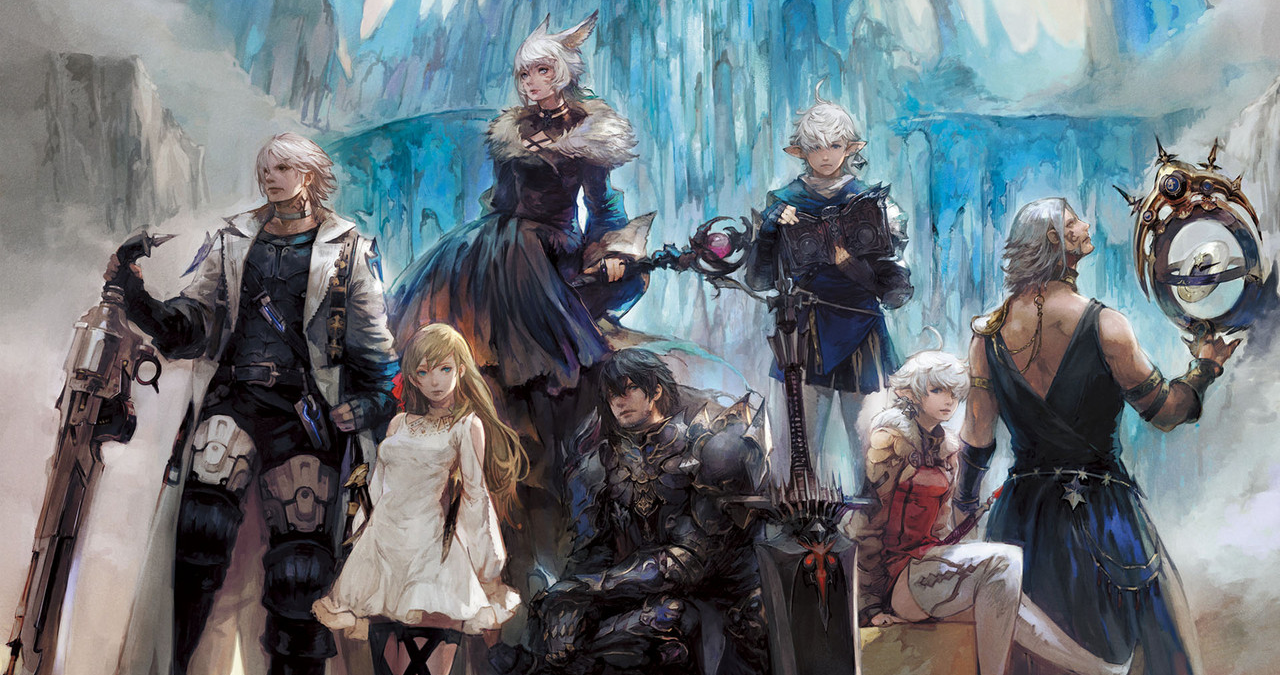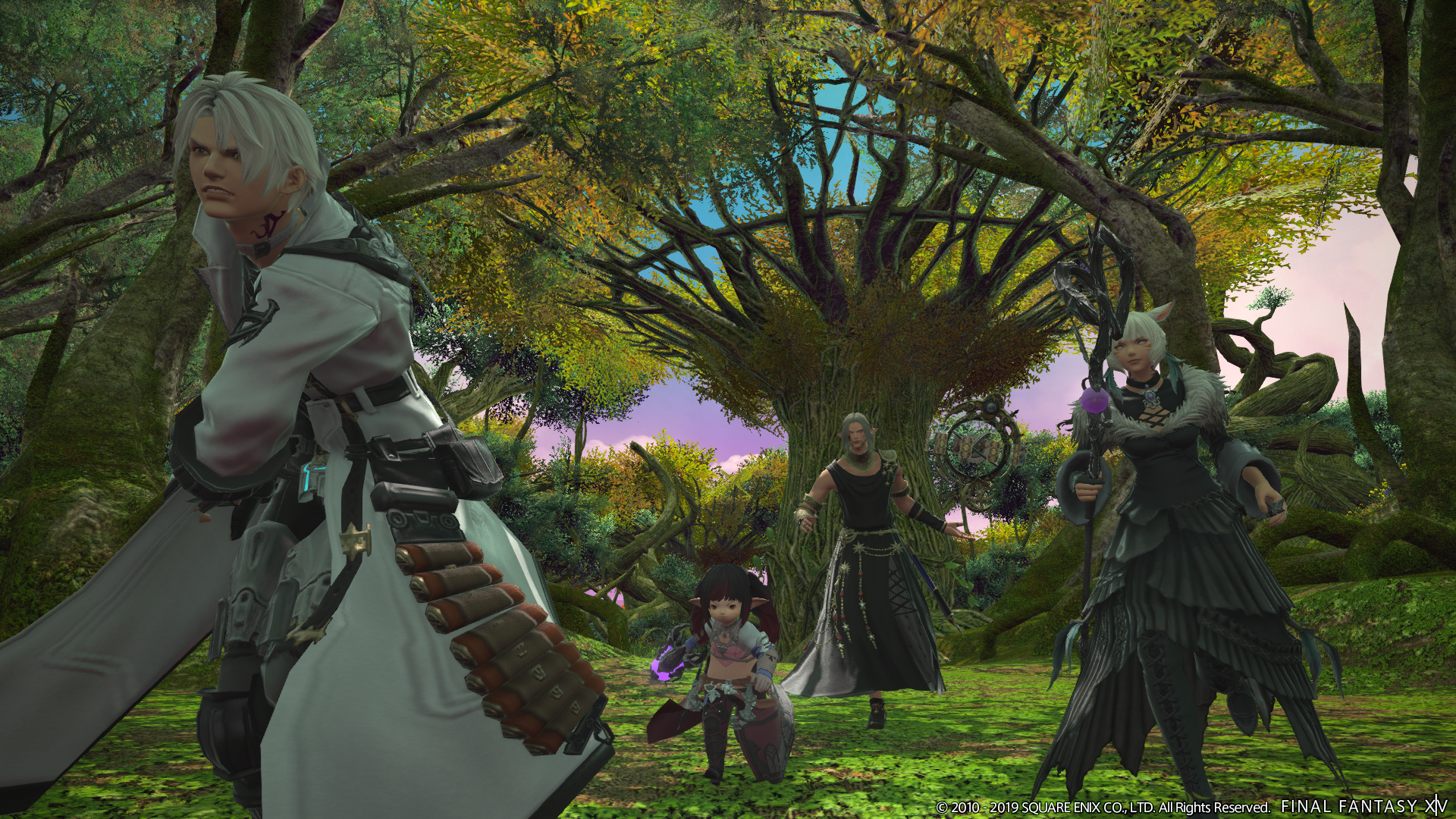The Trust System was first introduced into Final Fantasy 14 with the launch of Shadowbringers back in 2019, and has lived a quiet existence ever since. For those unfamiliar with it, the mechanic allows you to play through dungeons with the help of AI-controlled companions instead of searching in the Duty Finder for a set of suitable teammates.
It’s faster to jump into a dungeon, but the act of battling through it is often much slower. This is due to a number of factors, but the reduced pace of gameplay and lack of worthwhile rewards when it comes to instanced loot has resulted in the majority of players turning a blind eye to the Trust System. However, I decided to give it a chance this past weekend, and found myself enamoured with how much of an impact it has on the unfolding narrative.
MMORPG dungeons often pull me out of the wider story, throwing my Warrior of Light into a giant labyrinth filled with enemies alongside a bunch of strangers. My legendary hero is no longer special in this instance, they’re fighting with a trio of equally skilled legends towards a common goal. The characters I’ve been experiencing the story with outside of dungeons are nowhere to be seen, waiting to spawn at the dungeon’s end like they’ve somehow helped me fight through it.
The trust system alleviates many of these issues. The Scions of the Seventh Dawn are fighting with me from the opening moments, and I can even select who joins me as we march trepidatiously into each new battleground. I obviously had Alisaie in my party because she’s the best, but you can choose between a selection of characters that are only set to increase further with the arrival of Endwalker.
Right now I’m working through the post-main scenario quests in Shadowbringers, piecing together the narrative puzzle pieces that will form a greater whole in the coming months. Smaller developments are poised to have massive consequences, many of which are being introduced before, during, and after instanced dungeons. With my fellow Scions present with their own unique dialogue and actions, it makes the story hit all the harder. If I was fighting with randoms who had already mastered boss mechanics, the whole experience would feel fleeting and unsatisfactory. Now, I’m learning it all myself and becoming a much better player as a result, and it still feels incredibly fun to play.
Much of this could be solved with just giving my free company a poke and playing through dungeons with them. They’re a lovely bunch, but I’m also an introverted lemon who loves to sink into narratives on my lonesome, so there’s absolutely no distractions when it comes to digesting dialogue and considering the wider thematic implications at play with each character. Storytelling in Final Fantasy 14 is rather dense and doesn’t hold your hand, so I almost prefer this method of play.
Square Enix has made it so much of the game can be played as a solo venture, and with a few exceptions in the form of raids and trials, this is perfectly possible. I don’t think it’s the best way to play Final Fantasy 14, nor is it the most efficient, but from Shadowbringers onwards the trust system imbues dungeons with a newfound sense of purpose that has made me care for its characters in a way I never imagined I would.



